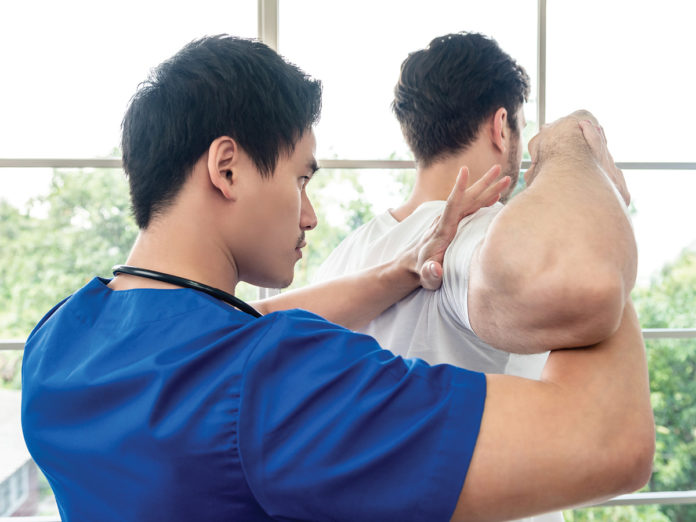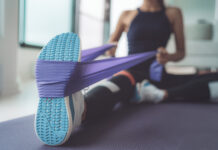
It’s not hard to get enthusiastic about outdoor sports after being inside for the long winter months, and that enthusiasm can mean you go out hard – and get injured.
Although contact sports like football have a bigger reputation for potentially causing physical harm, that’s not always the case. Some of the most common sports injuries we see and treat at the Montreal Institute for Special Surgery are caused by falls, overuse or acute trauma.
It’s wise to be cautious when getting back into sports that require repetitive motions like tennis, swimming, rowing and baseball which can cause rotator cuff injuries in your shoulder.
What are rotator cuff injuries?
The rotator cuff is a group of four muscles and tendons that surround the shoulder joint, helping to stabilize the shoulder and allowing it to move. Unfortunately, repetitive, overhead motions can wear down the muscles and tendon tissues – making them prone to inflammation, impingements and tears.
While there is no such thing as zero risk in sports, here are some proactive ways to prepare your body and prevent injuries from spoiling your summer.
1. Prepare Your Body
Warming up your body prior to physical activities is very important (skipping rope is a nice low-impact warm-up), as it loosens the joints and increases blood flow to your muscles. Post-activity stretches (such as the doorway stretch) help keep your muscles flexible.
2. Train Your Body
A strong body is less likely to get injured. If you haven’t worked out for a while, do daily exercises such as high-to-low rows and lawn mower pulls, to strengthen the muscles of your rotator cuffs.
3. Listen to Your Body
Play safe, have fun and don’t push yourself too hard. Ultimately, trained or not, your body needs to recover after each sport activity.
4. Drink Water & Eat Healthy
Hydration and good nutrition will help fuel your muscles and make them less prone to injuries.
If it’s too late and you experience symptoms in your shoulder such as an ache or pain, progressive arm weakness, difficulty sleeping or achieving full range of motion (like reaching behind your back or combing your hair), go see a specialist to establish a clear diagnosis.
By acting and treating quickly with options like physiotherapy, corticosteroid injections, PRP (platelet rich plasma) or even surgery (if necessary), you will preserve your mobility and be able to return to enjoying summer fun.















